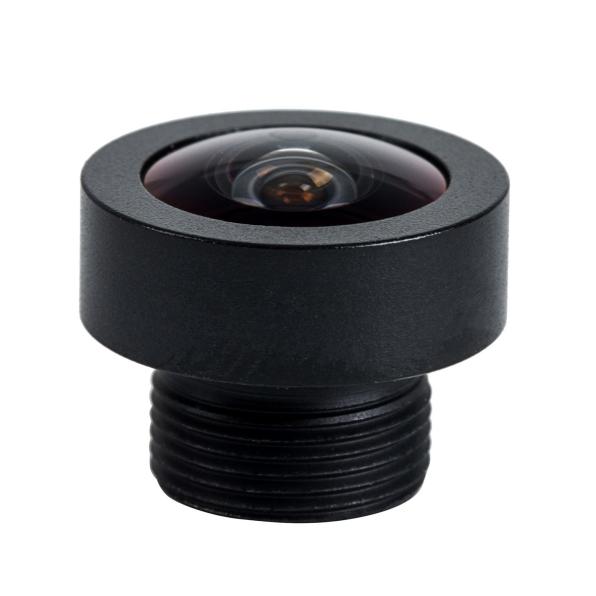What Are The M8 And M12 Lenses? What Is The Difference Between M8 And M12 Lenses?
What are the M8 and M12 lenses?
M8 and M12 refer to types of mount sizes used for small camera lenses.
An M12 lens, also known as an S-mount lens or a board lens, is a type of lens used in cameras and CCTV systems. The “M12” refers to the mount thread size, which is 12mm in diameter.
M12 lenses are known for providing high-resolution imagery and are used in a variety of applications, including security surveillance, automotive, drone, robotics, and more. They are compatible with a variety of camera sensors and can cover a large sensor size.
On the other hand, an M8 lens is a smaller lens with an 8mm mount thread size. Similar to the M12 lens, the M8 lens is used primarily in compact cameras and CCTV systems. Because of its compact size, it is ideal for applications with size constraints, like mini drones or compact surveillance systems.
The smaller size of M8 lenses, however, means they may not be able to cover as large a sensor size or provide as wide a field of view as M12 lenses.
The M8 and M12 lens
What is the difference between M8 and M12 lenses?
M8 and M12 lenses are commonly used in applications such as CCTV camera systems, dash cams or drone cameras. Here are the differences between the two:
1. Size:
The most apparent difference between M8 and M12 lenses is the size. M8 lenses are smaller with an 8mm lens mount diameter, while M12 lenses have a 12mm lens mount diameter.
2. Compatibility:
M12 lenses are more common and have greater compatibility with more types of camera sensors than M8 lenses. M12 lenses can cover larger sensor sizes compared to M8.
3. Field of View:
Due to their size, M12 lenses can provide a larger field of view compared to M8 lenses. Depending on the specific application, a larger field of view can be beneficial.
4. Resolution:
With the same sensor, an M12 lens can generally provide higher imaging quality than an M8 lens because of its larger size, allowing for more sophisticated optical designs.
5. Weight:
M8 lenses are typically lighter compared to M12 lenses due to their smaller size.
6. Availability and choice:
Overall, there may be a wider choice of M12 lenses in the market, given their popularity and greater compatibility with different types of sensors.
The choice between M8 and M12 lenses will depend on the specific needs of your application, whether that be size, weight, field of view, compatibility, availability or performance.
